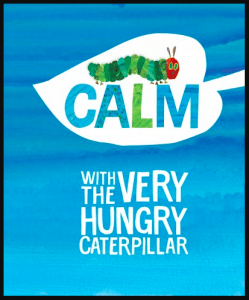What is stress? How can we reduce it?
“When reality doesn’t match our expectations, we are sometimes disappointed.
When we are disappointed, we may experience stress.
Reduce stress by checking reality before setting expectations.”
Are you faced with too many choices? Learn how to choose.
Are you procrastinating? Learn how to solve the problem.
Are you afraid or angry? Learn how to realistically deal with frustration.
Are you upset with others or yourself? Learn how to forgive.
Are you unsure of your friends? Learn how to recognize true friends.
Do you need some time to let go and relax?
Use your five senses:
– colour a picture
– bake bread
– exercise
– play a musical instrument
– listen to uplifting music
– have a bath or shower
– eat something healthy
– enjoy a craft
– work in the garden or shovel snow
– sleep
Imagine:
– read a book
– write a story
– memorize a poem
– make up a song
– create a new recipe
– draw a picture
Be kind:
– smile
– remember that I’m of value
– hold the door open for someone
– help someone without being asked
– volunteer somewhere
– think of all I’m grateful for
– remind myself that difficult circumstances aren’t always my fault
Think objectively:
– This seems impossible, but I’ll survive.
– Other people have problems; I can help but I can’t fix.
– Will this make a difference to me tomorrow, next week, next year?
– Should I reassess my priorities in life?
– I need to set some boundaries and not accept everyone else’s demands.
If you become discouraged, remember…
- You are a valuable person on this planet.
- You are not the ruler of the universe.
- You are able to adapt to reality and enjoy a good life.
- Life will not go as you planned but it will still hold goodness.
- There is enough goodness in this world that you can be filled with joy.
- There are more good things in this life than you have time to enjoy.
- You are going to have to make some choices.
- You cannot have everything.
- Do not expect to achieve something without time and effort.
This page may be copied for use with students if the following credit is provided:
©2012 Sophie Rosen.
Carle, Eric. Calm with the Very Hungry Caterpillar. New York: World of Eric Carle, 2019.
Feeling jumpy? Jittery? Restless? Calm – small and beautifully illustrated – provides suggestions. Recommended for listeners 3 to 12 years old.

